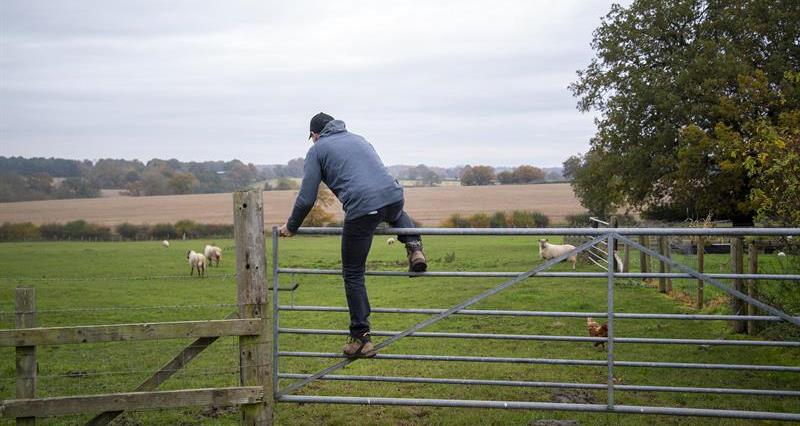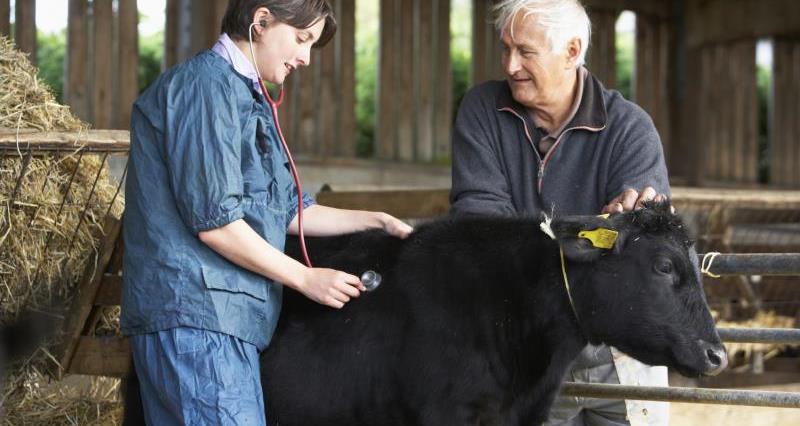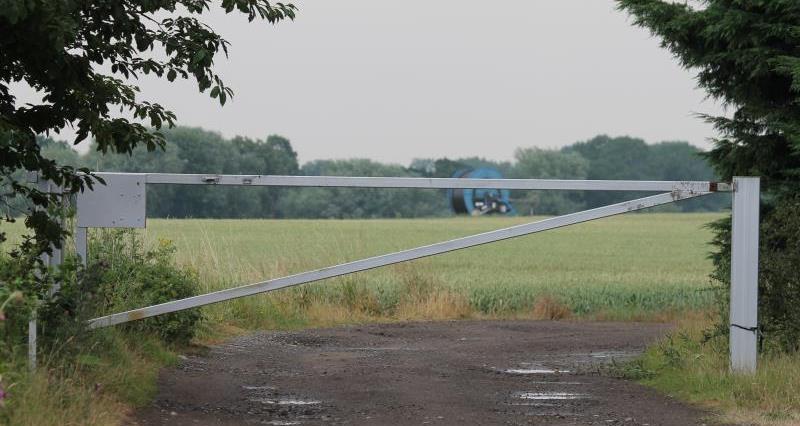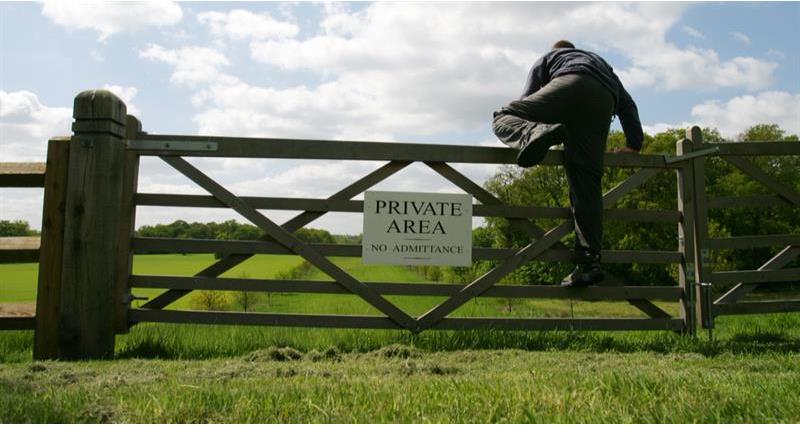This page is designed to give a basic overview of what judicial review is. It also covers the important things you need to consider if you want to challenge a decision made by a public authority, or if a decision relating to your farm business is the subject of a challenge.
The most important thing to note with judicial review claims is that there are strict time limits for bringing claims and responding to them. If these time limits are missed, you will not be able to pursue a claim or properly respond to a challenge that affects your business. It is therefore imperative that you seek specialist independent legal advice at the earliest opportunity.Â
What is judicial review?
Judicial review is a process that reviews the lawfulness of an enactment or decision, action or failure to act in relation to the exercise of public function by public bodies. An example of this is an individual challenging the lawfulness of a planning permission, due to the decision maker failing to follow the correct legal process.Â
The legal process of judicial review is a fast-paced and complicated area of law. The process of judicial review is not there to challenge a decision that you do not like the outcome of - it is there to challenge a decision that has been reached unlawfully.
Who can bring a claim?
In order to bring a claim for judicial review, the claimant will need to demonstrate sufficient interest or ‘standing’ in the outcome of the proceedings. This usually means that they will be directly affected by the decision. However, in some circumstances, applications for judicial review can be made by pressure and public interest groups, and this is something that is often seen in the context of environmental campaign groups.
What are the time limits for bringing a claim?
Claims for judicial review must be issued ‘promptly’, and the strict deadline is within three months of the date of the decision in most cases. For challenges relating to planning permission, claims must be issued within six weeks of the date the relevant permission was granted.
The parties to a judicial review claim cannot extend the time limits by agreement, unlike the position in general litigation.
What are the grounds for judicial review?
The main grounds for bringing judicial review claims surround the principles of the following, which can all interplay with each other.
- Unlawfulness
- Procedural unfairness
- Irrationality
Defining unlawfulness
A public body must follow the relevant law. In acting in line with the law, it must also give due regard to the underlying policy and purpose. If a public body does not follow the law correctly, any resulting decision will be unlawful. A decision can be unlawful where the public body:
- Goes beyond the limit of its powers
- Misapplies the law that applies to its decisions
- Fetters or avoids exercising any right of discretion appropriately in individual cases
- Delegates responsibility to another body where the power to delegate is unlawful
- Fails to take into consideration appropriate considerations or relies on irrelevant considerations not applicable to the situation.
Procedural unfairness
A public body must follow procedures set out in law. It must also act with integrity and impartiality.   Â
Irrationality and proportionality
Irrationality
This is a more difficult ground to establish for the most part. However, if it can be shown that the decision reached by the public body is so unreasonable that a reasonable authority could not have reached it, the decision will be unlawful.Â
Proportionality
The court may look at whether the public body struck the right balance between the different parties’ interests, when reviewing a decision challenged by judicial review under the Human Rights Act 1998.
What happens if a judicial review is successful?
There are a number of remedies that can be ordered by the court if a decision is found to be unlawful. The most common remedy, particularly in relation to planning permission, is for the court to ‘quash’ the relevant decision. This means that the position reverts to what it was before the decision was made. In effect, it is as though that decision was never taken, meaning that the decision has to be taken again.
The court may now also issue a suspended quashing order, which allows the order to take effect at a later date, giving the public body an opportunity to correct any error which has been identified. The court may also issue a prospective-only quashing order, which considers previous decisions made by the public body to be lawful, but stops such decisions or actions from applying in the future. Â
If a planning permission is quashed, then you no longer have the permission to undertake the relevant development on your farm. Get independent professional advice to assist you with steps required following a successful judicial review claim that impacts you or your business.
Complex cases – getting specialist help
What should I do if a decision relating to my farm is subject to judicial review?
If you are considering bringing a claim for judicial review, or if you are notified of a judicial review claim which affects you or your business (e.g. a challenge to your planning permission) you should take independent legal advice as soon as possible. This will ensure that you can make an informed decision regarding how to proceed, and reduces the risk of deadlines being missed, which may limit your options going forward.
You can contact NFU CallFirst on: 0370 845 8458 and our advisors will provide preliminary advice and, where appropriate, refer you to one of the NFU's Legal Panel Firms and the Legal Assistance Scheme.
See our other activism pages







